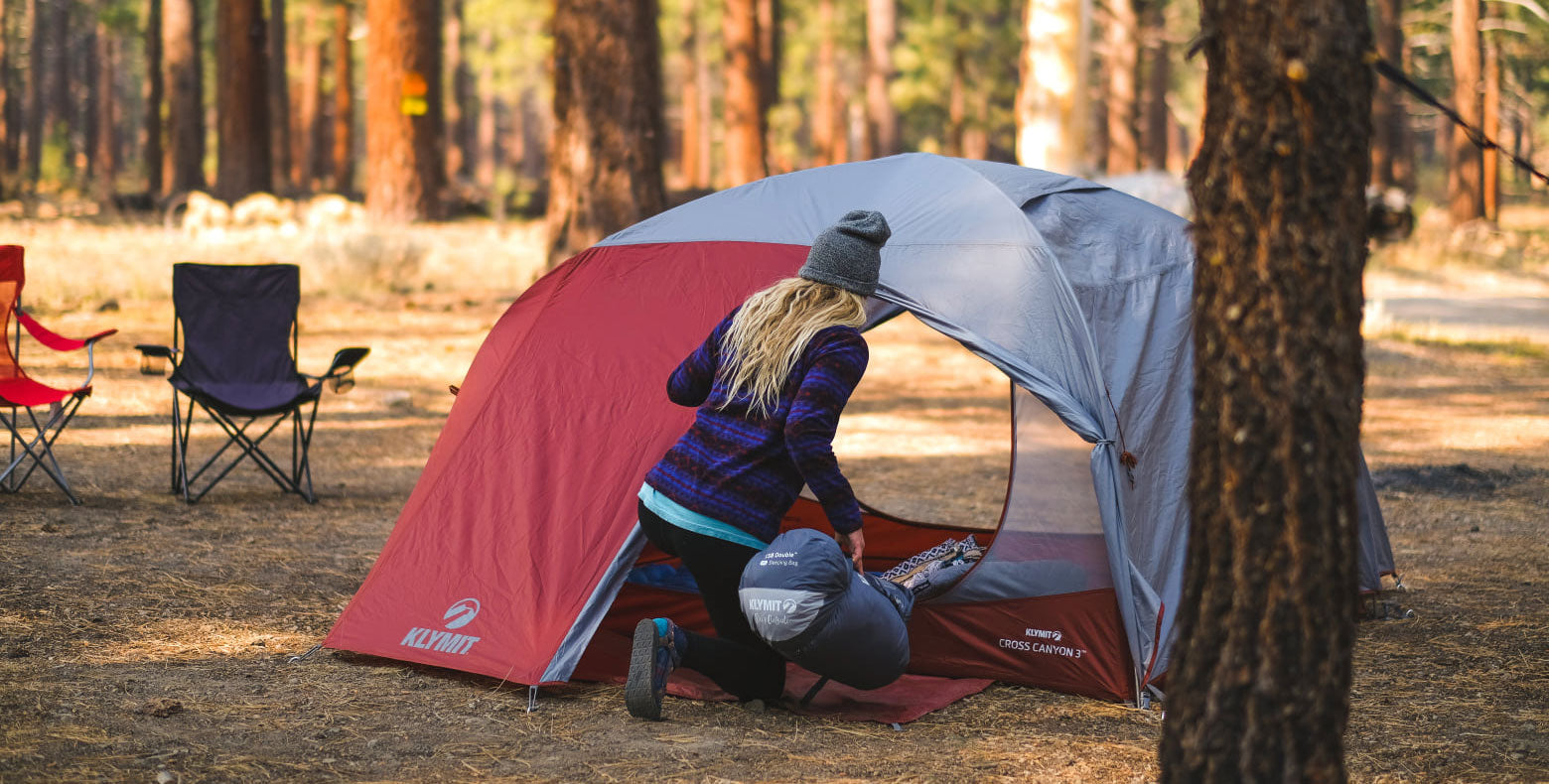
From Novice To Newly Prepared: What You Need To Know To Plan Your First Camping Trip
Have you watched one too many movies where a camping trip or outdoor excursion went hilariously, or maybe even terrifyingly, wrong? Perhaps friends or family members have laughed or cringed while regaling you with their own tales of adventures gone disastrously awry.
Now that first-time camping is an adventure on your radar, you definitely want to avoid any of these same pitfalls or series of unfortunate events.
It's quite simple to prepare for and enjoy an exciting, relaxing or rejuvenating camping trip. No matter the type of experience you're hoping for, all that's required is some prep work, a plan, appropriate gear, and a desire to learn about and understand the proper etiquette while at a campground, pitching a tent in the woods or while traversing trails. Read on for our best first-timer tips and you'll be ready for your own epic adventure in no time.
Prep: Planning for a Successful Trip
Putting in the work before you even leave the house is key to ensuring you don't regret the choices you made once the site has been chosen and the tent has already been pitched. Some important things to consider as you begin to prepare for your trip include:
• Where to camp
• Who will join you
• How you will travel
• What to eat
• What to pack
• What to do
These may look like a lot of different things to consider, especially if you're only planning for a short and simple weekend trip. If the planning stages seem daunting and unnecessary to you now, we promise you won't regret putting in the work later. When planning things such as the essentials you should pack, what you'll eat and activities you want to do, you may find that checklists become your new BFF. Make your lists well in advance of your journey to allow time to add additional items you decide you'll need and remove items deemed unnecessary once you begin packing.
If you'll be setting up camp at a campground, become familiar with the facility guidelines. For instance, if campsites must be reserved in advance–ensure you do this ahead of time to ensure a spot is waiting for you once you reach your destination. Choosing who will join you on your camping adventure is also important, especially during pandemic times. Be mindful of guidelines and restrictions in the area where you will be camping when it comes to group size. Now is a better time than any to keep it small and stick with those in your household or within your "bubble," saving large camping outings for a later trip.
Make a meal plan for every meal you'll be eating while away and stock up on your food and essentials. You don't want to be left high and dry without things you need--plan for packing and taking as much of what you'll need with you. Do the same for the clothing and personal care items you'll need during your trip.
What to Cook When Camping
It might be tempting to feel stressed about preparing meals, but deciding what to cook when camping can be a lot of fun. If you’ve been out hiking or on the water all day, taking the time for some good food feels great. And food always tastes better outside.
Make sure you plan for every meal and activity. If you plan a particularly busy day of outdoor activities, then make that the day for more simple meals. Choose a light activity day for a more elaborate meal. The right food cooked with a quality stove or grill can be the perfect way to complete a day outdoors.
What to Wear When Camping
Take into account the weather where you'll be camping and pack the appropriate clothing to keep you comfortable, cool, warm or dry depending on the conditions. Most of us campers can share a story or two of being unprepared for the weather and how what could have otherwise been an exceptional trip quickly turned into a disaster. Basically, please learn from our mistakes.
When planning what to wear when camping, packing layers is a great way to go. The time of year and elevation of your camping area will be major factors in your clothing and camping gear checklist, but always pack layers.
The camping novice might be surprised by the fluctuations in temperatures when camping. It can go from a hot sunny day to downright chilly in the evening. That can occur when camping at a higher elevation or from the fact that we’ve become desensitized by living indoors.
Even in the heat of summer, pack a warm layer like a sweatshirt or hoodie along with an additional layer for rain or wind. Mixing in some warmer socks and undergarments is a good idea. You can always put them right back in the drawer when you get home if you don’t use them.
Gear: The Right Stuff Makes All the Difference
Seeing as how this is our bread and butter, it should come as no surprise that we have a tip or two to share when it comes to packing the right gear for your camping trip. Take into account the prep work and things you have already considered above when it comes to rounding up and packing your gear. You've already determined you'll need to eat, sleep, be clothed and be prepared to partake in any activities you're hoping to enjoy while away in the great outdoors. Some essentials that should definitely make it onto your list include:
• A tent
• One sleeping bag per camper
• A sleeping mat or other cushioning for under sleeping bags
• A camp stove or other means for cooking food
• One flashlight per person
• A lantern
• Appropriate, comfortable clothing
• Soap
• Toothbrush/toothpaste
• Towels
Also, plan for those things that may not be essential for every camper, but definitely are to you. For many of us, that may include a way to make coffee while still in nature or perhaps roasting sticks for cooking marshmallows or hot dogs over an open fire. You can also plan for different options. You might look up after dinner and decide to sleep under the stars. If that’s the case, a good quality hammock and sleeping bag make all the difference.
Novice campers can have fun with new camping gear. Many camping gadgets—such as power stations and headlamps—can make the experience safer and more fun.
Add Hiking Gear to Your Camping Gear Checklist
For many of us, camping means a time to explore, so what to bring camping should also include good hiking gear. If you plan on doing some exploring or hiking, having the right footwear with you will be important. That means sturdy footwear with good traction. That can be sandals, hiking shoes, or sturdy hiking boots. You want to pack socks that will wick away moisture to avoid blisters.
You also want a good first aid kit as part of your camping gear checklist in case any injuries occur. Add some drinks, snacks, and any essentials needed for a day-long trek in your hiking backpack.
Etiquette: Caring for Others and the Land
While there are some basic rules you should always respect when camping, make sure you're mindful of any guidelines or rules specifically about the area or campground where you'll be setting up camp. If you're camping near other groups, be sure to respect the space of others and adhere to any "quiet" hours in place between certain hours.
You want to leave nature in the same shape, or better, than how you found it. This means ensuring everything you've packed up to bring with you must also leave with you when it's time to head home. Try your best to leave the land, plant life, and animals you encounter untouched. Be wonderous and take your need to explore with you into nature, but always tread upon this earth lightly.
Most states have regulations and laws against the moving of firewood, and for good reason. Invasive species and insects can lurk in wood and introducing it into a new area can spell big trouble for wildlife. Please read up on the rules for moving firewood for the area in which you'll be camping.
COVID-19 has made it necessary to keep additional etiquette practices in mind. Keep up to date on mask mandates and guidelines for gatherings if you're headed to a new area or different state. While regulations may differ from area to area, the current best practice calls for keeping a mask at hand and donning it if you encounter others outside of your own group. Adhere to current social distancing guidelines and recommendations if you're headed to a well-populated camp area.
After: Taking Stock of Your Camping Adventure
Even with your planning and best efforts, you may find your trip doesn't always go as anticipated. Your planning will have set you up to have an excellent first experience, but it's still unlikely to be absolutely perfect. That's great! Learn from your experiences and note what you would do differently when planning the next trip. Use this first trip as a catapult for really digging into what camping means to you and you'll be well on your way to having some epic adventures the next go-round.
All it takes is a bit of planning and prep work to take you from a camping newbie to an in-the-know camper. Follow our tips to help you get ready for that first camping trip and get excited about your preparations because you're about to have your own amazing adventure in nature.


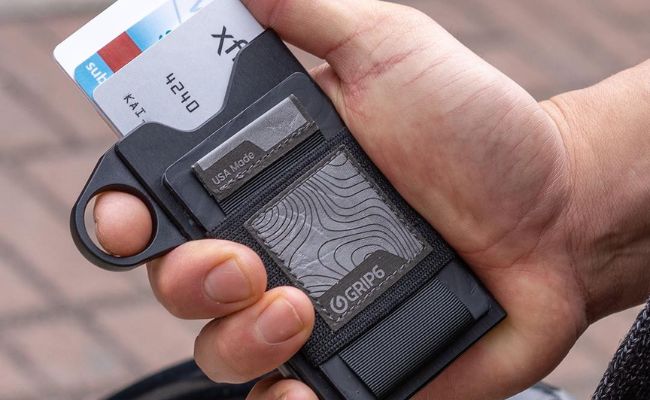
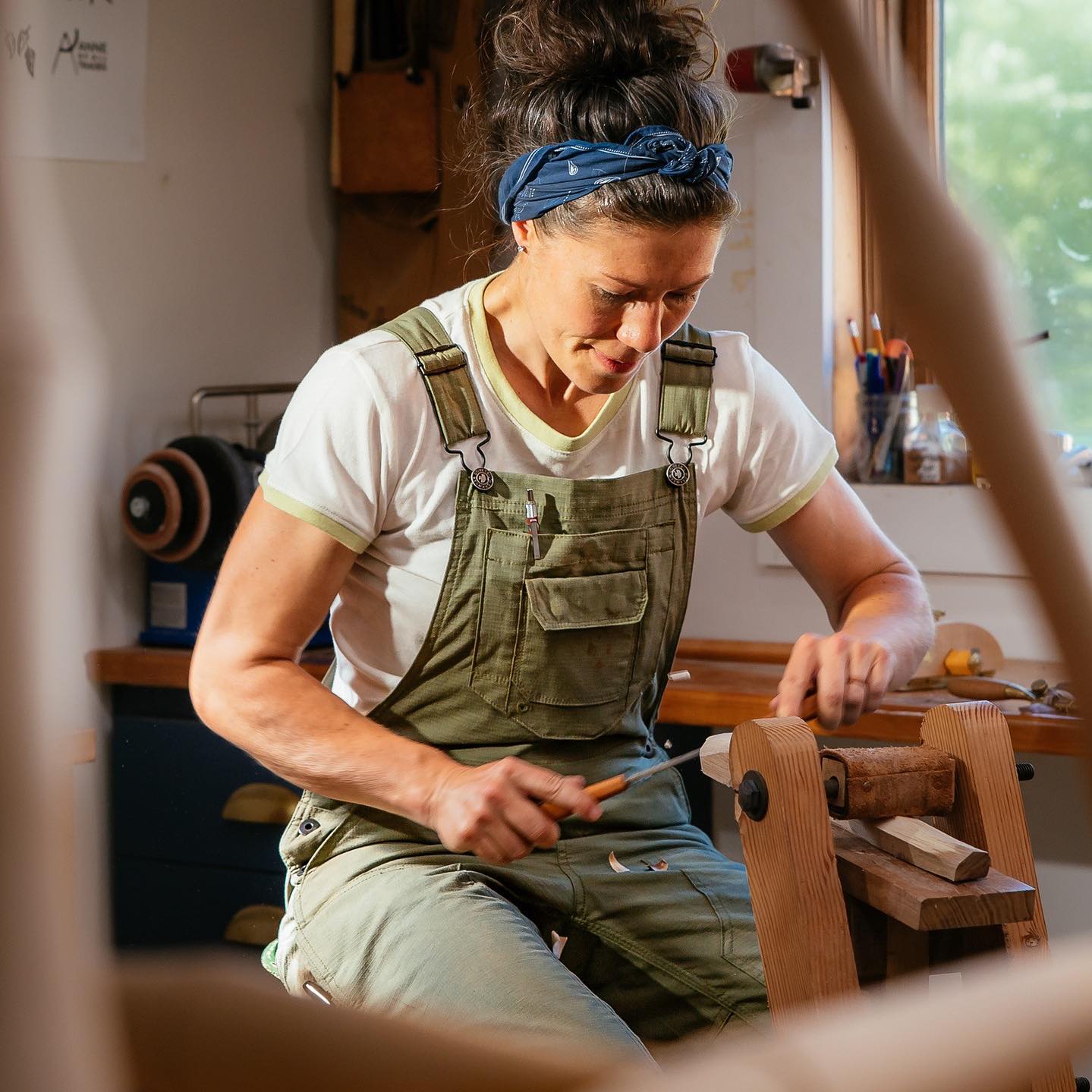
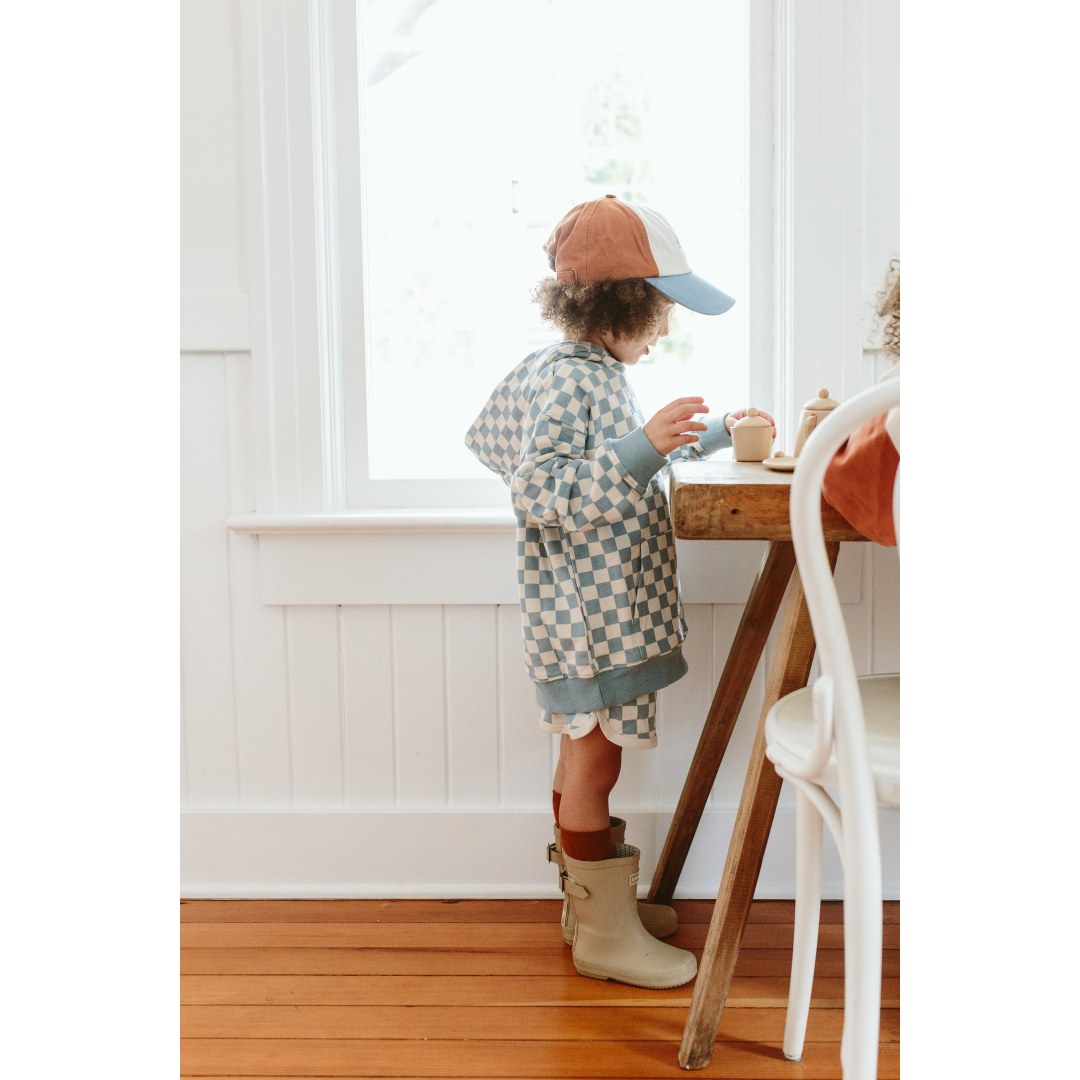
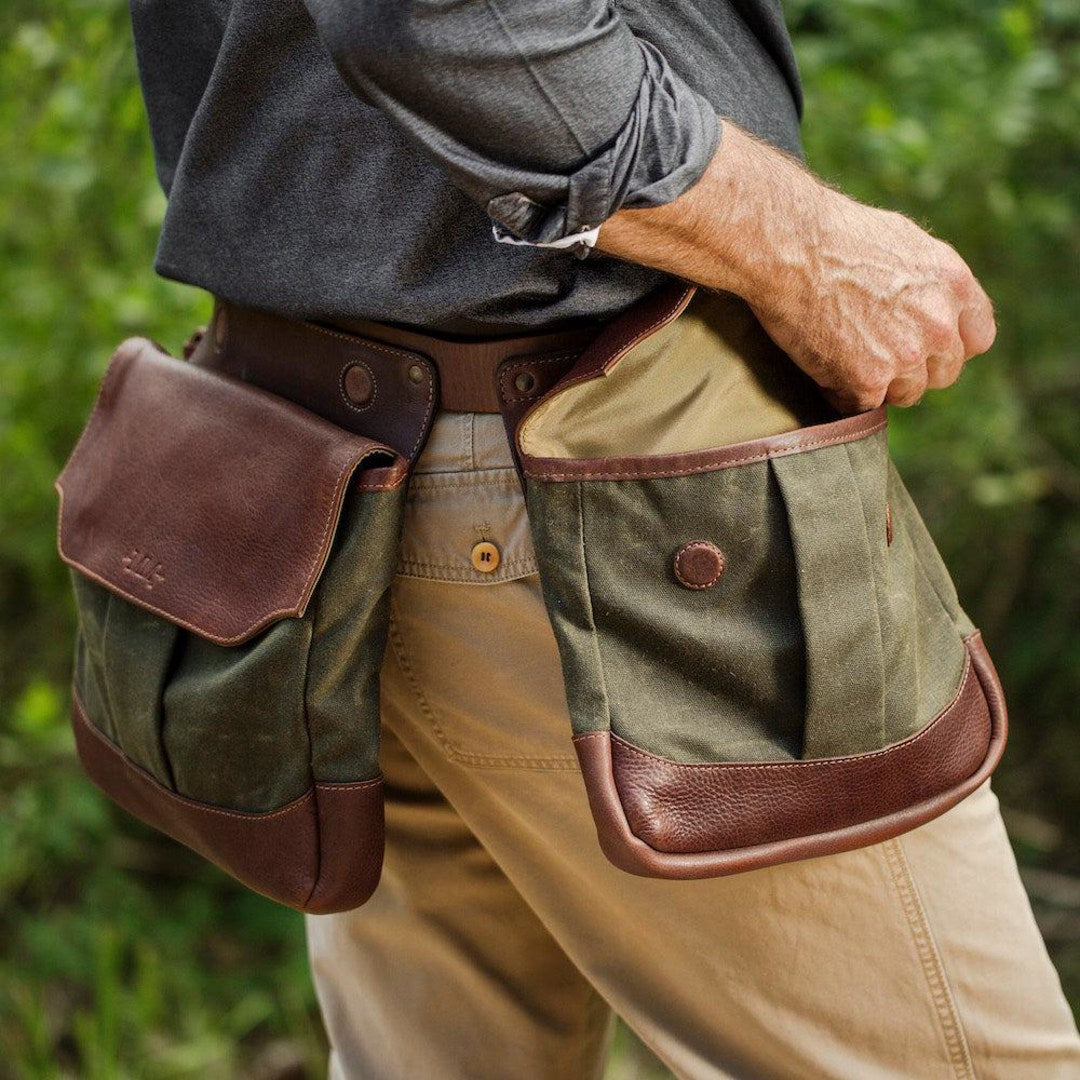
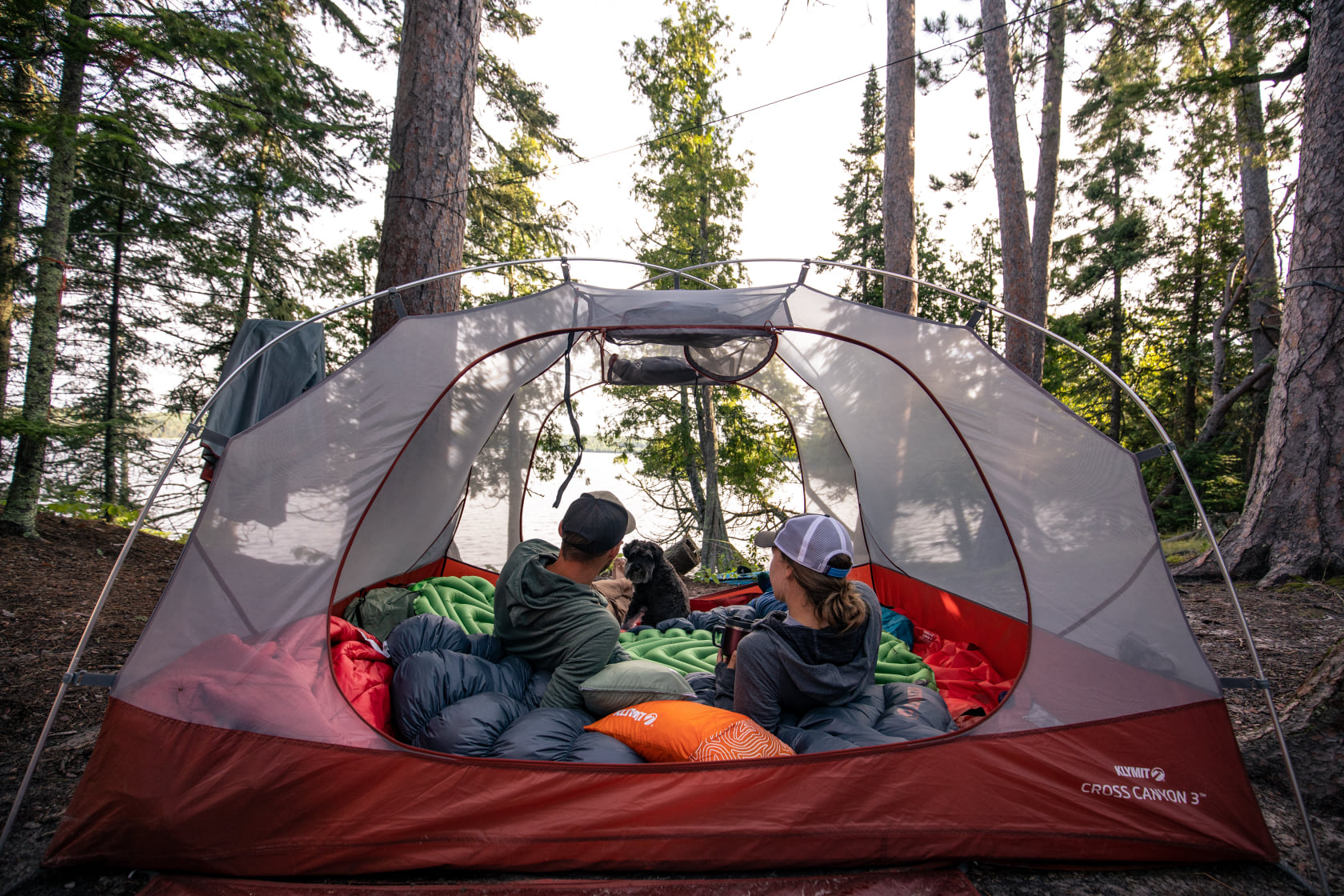
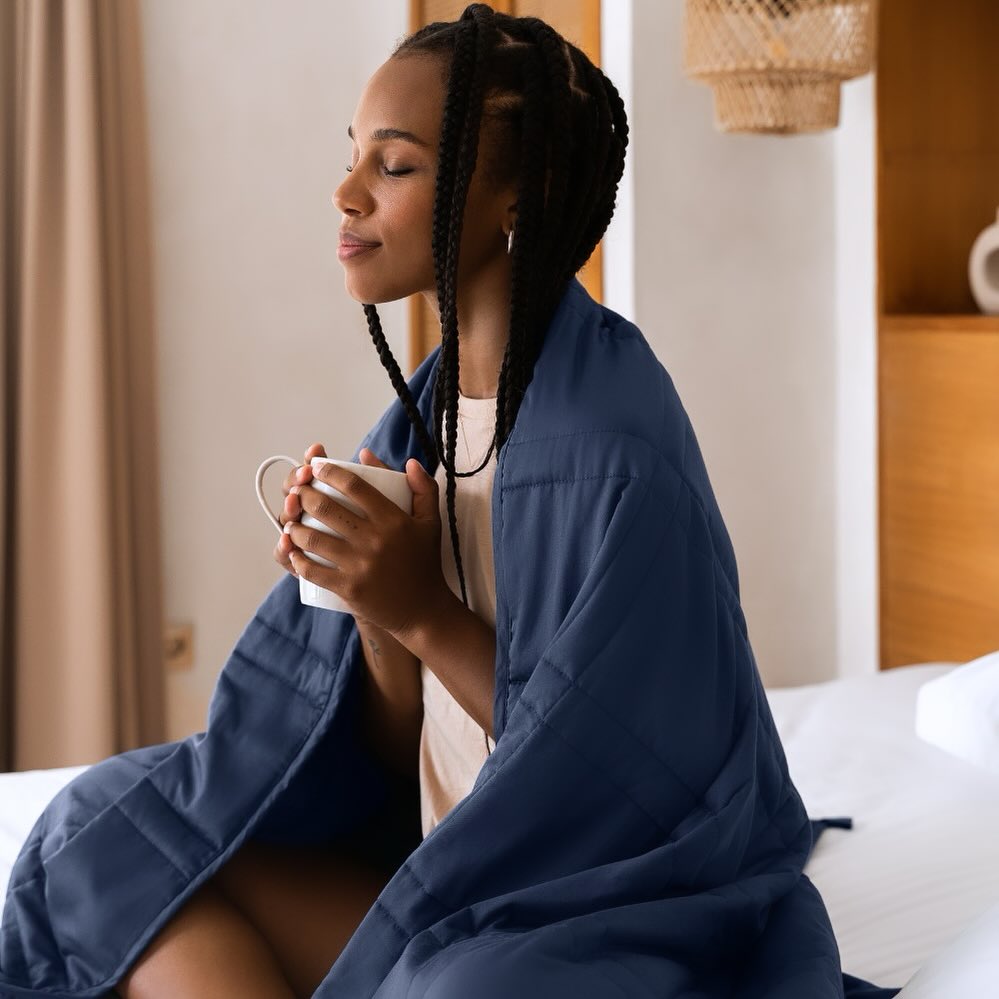
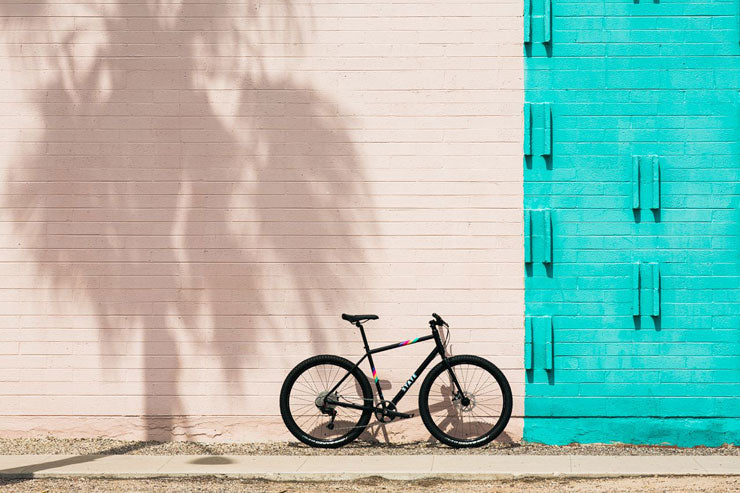
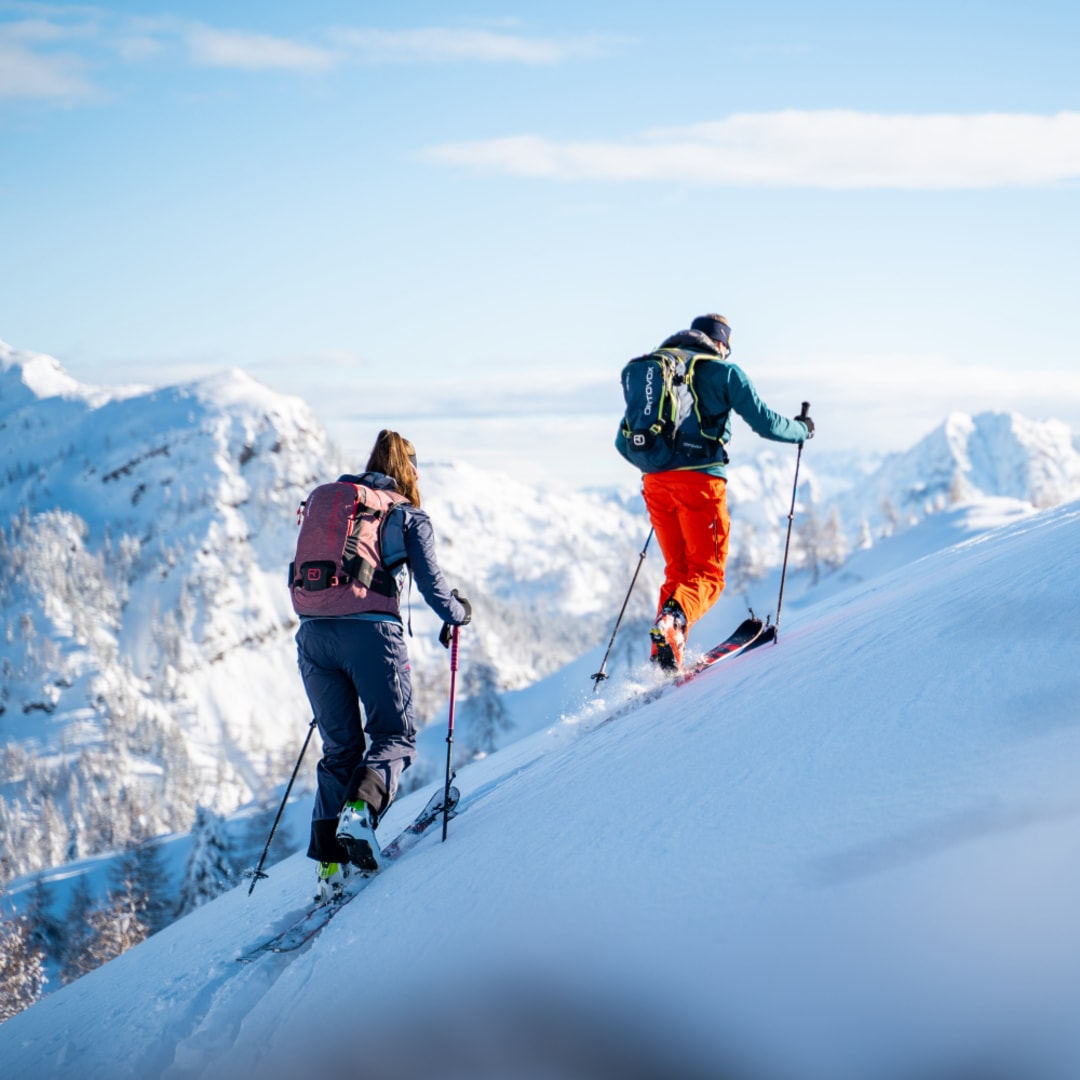
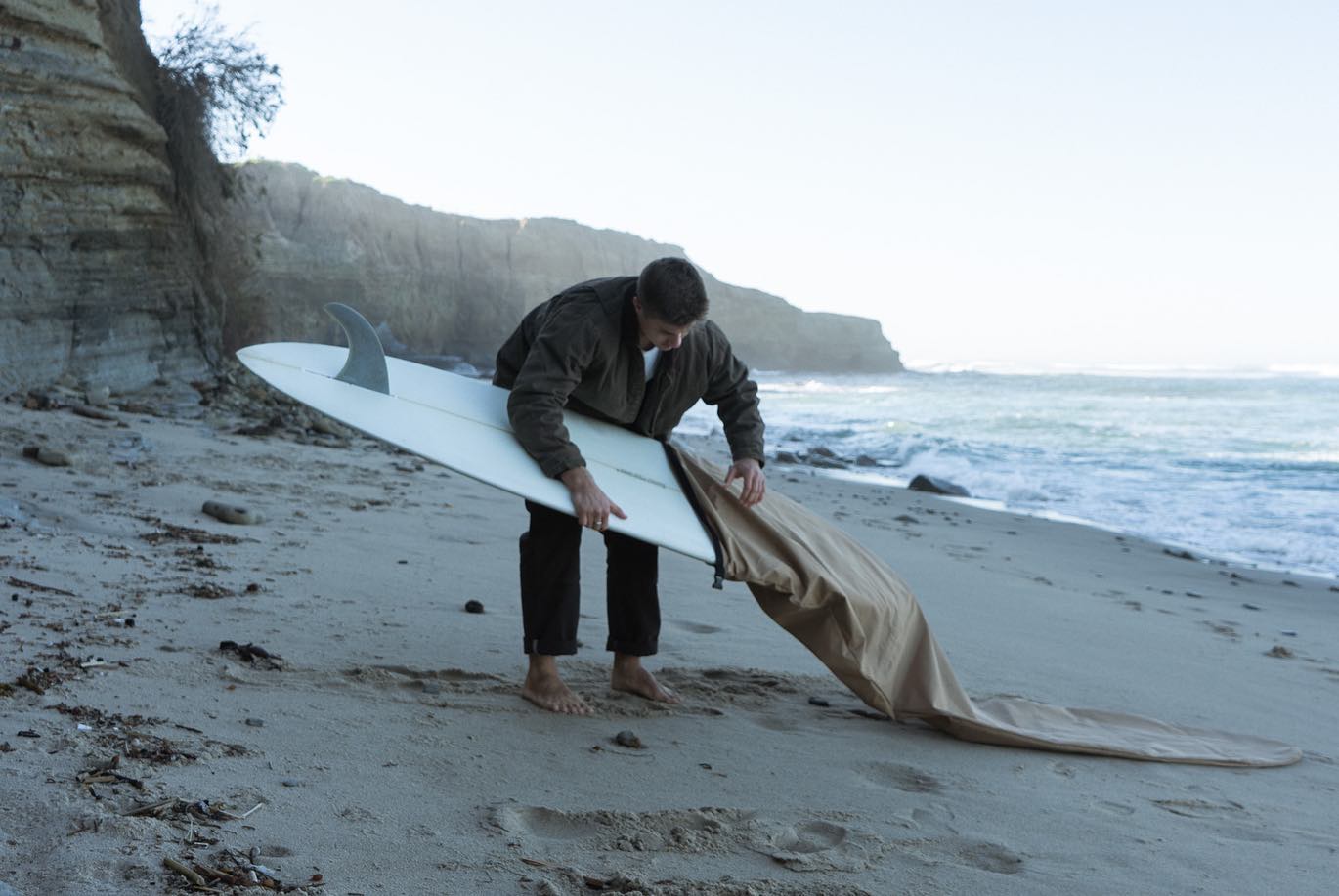
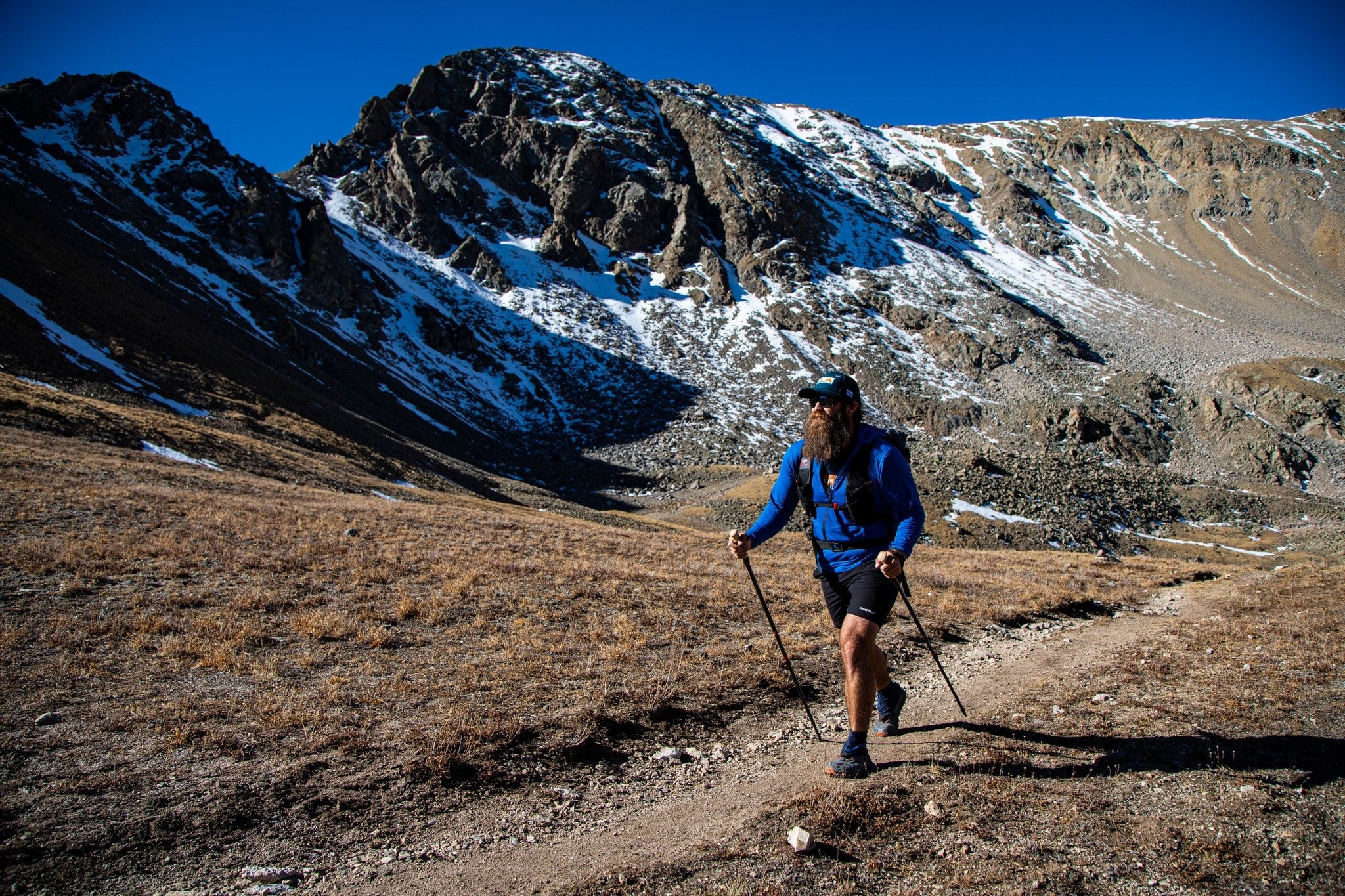
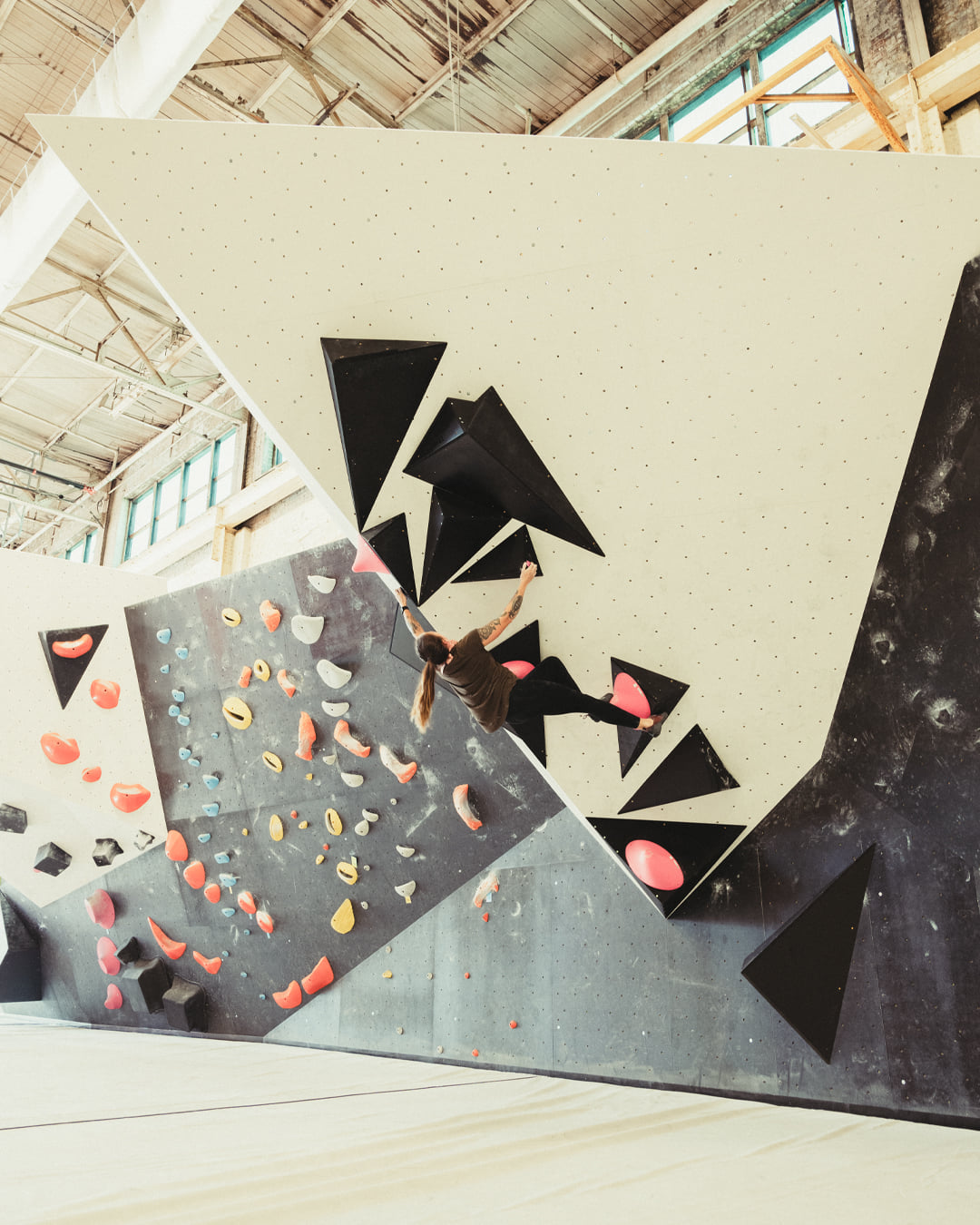
Leave a comment
This site is protected by hCaptcha and the hCaptcha Privacy Policy and Terms of Service apply.